|
February 24 & 25
2026 February Bar Exam
|
May 22
2026 Commencement
|
July 28 & 29
2026 July Bar Exam
|
Washington, D.C., is the ideal setting for the study of law. As a student at The Catholic University of America Columbus School of Law (Catholic Law), you are within easy reach of the enormously beneficial study, externship, and networking opportunities that come with earning a J.D. in the nation’s capital. Catholic Law's offers both a full and part-time J.D. program in a supportive and connected environment. The Law School also offers three areas of focus for a LL.M. degree, as well as an American LL.M. for international students. Catholic Law's M.L.S. degree features five concentrations for working professionals who want to learn more about the law, but do not wish to seek a J.D. degree. Each of these academic programs are managed by the Office of Academic Affairs at Catholic Law.
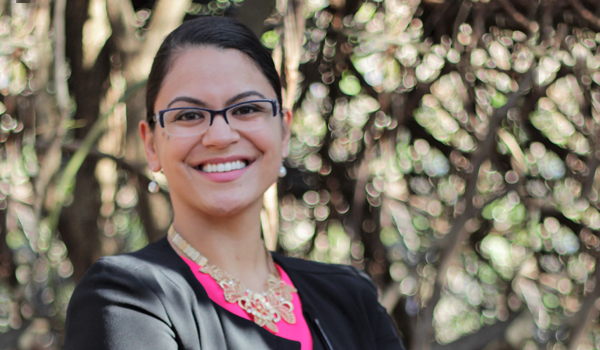 The Catholic Law J.D. curriculum combines a strong theoretical foundation with sophisticated practical training. Students learn legal doctrine in intellectually challenging classes. They acquire real-world skills through clinical and experiential programs. Our Part-time J.D. takes into account the work schedule of those working full-time, while pursuing a law degree. The Law School prides itself on our Part-time students getting access to the same expert faculty and services that the Full-time students experience. The J.D. joint degree program leverages both the location and expertise of The Catholic University of America. Our students are able to experience the expert faculty of the University and enjoy the convenience of having their classes in same location. Unlike some other universities that have their law school in a separate location from the main university.
The Catholic Law J.D. curriculum combines a strong theoretical foundation with sophisticated practical training. Students learn legal doctrine in intellectually challenging classes. They acquire real-world skills through clinical and experiential programs. Our Part-time J.D. takes into account the work schedule of those working full-time, while pursuing a law degree. The Law School prides itself on our Part-time students getting access to the same expert faculty and services that the Full-time students experience. The J.D. joint degree program leverages both the location and expertise of The Catholic University of America. Our students are able to experience the expert faculty of the University and enjoy the convenience of having their classes in same location. Unlike some other universities that have their law school in a separate location from the main university.
The Law School’s certificate programs encompass five vibrant and enriching areas of legal practice. Certification from any of these longstanding and highly regarded programs and institutes endorses the student as a specialist — a graduate who offers employers a level of subject mastery that is significantly beyond that which may be learned in the general J.D. curriculum.
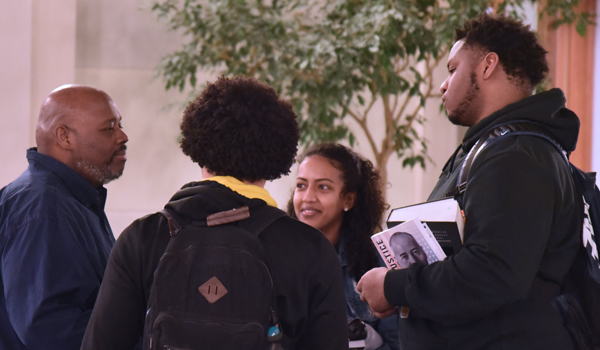 An Inspiring Legal Environment
An Inspiring Legal EnvironmentAs a child, Jim Moye ’99 spent countless nights watching his mother’s beloved legal drama Perry Mason on television. The eponymous criminal defense lawyer fascinated young Moye. “He was always the smartest guy in the room,” he reminisced. Needless to say, Moye charted his own path, bypassing a decades-long career in criminal law to specialize in the intersection of both domestic and international law in business. He does still share at least one personality trait with litigation-loving Perry Mason though: He loves a challenge.
The LL.M. is an advanced program of legal study that is customized to the needs of the individual student. LL.M. candidates, mentored by expert faculty, plan a course of study in one of the following concentrations: Law and Technology, Securities Law, or Comparative and International Law. Catholic Law also offers an American LL.M. where you earn a degree while studying in two great cities: Kraków, Poland, and Washington, D.C.

The concentration in Comparative and International Law offers a comprehensive examination of governments, societies, and legal systems with emphasis on comparative legal systems, international trade and business, and international human rights.
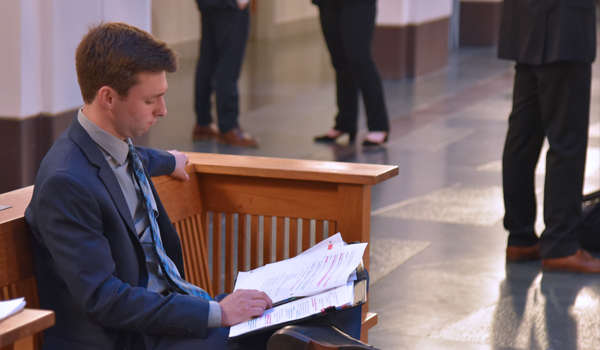
Provides special expertise in the regulation of the telecommunications industry, electronic mass media, wireless telecommunications services, and digital technologies, FCC practice and procedure, intellectual property transactions, copyright and patent, First Amendment challenges for media.
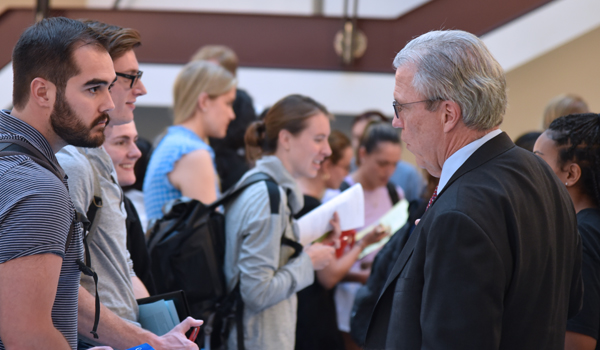
Examines a broad array of topics arising out of the corporate law and securities regulation topics including the regulation of issuance of securities, secondary trading of securities, market regulation, enforcement issues, corporate finance, investment companies and investment advisers, derivatives and the regulation of financial institutions.
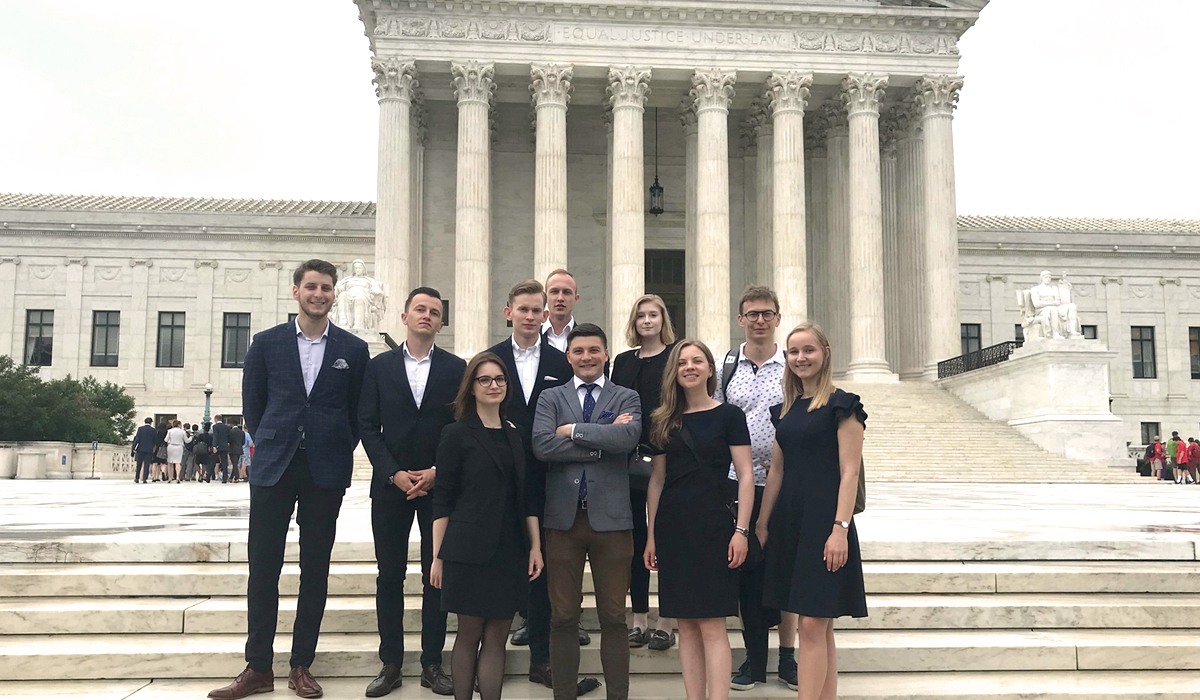
This LL.M. can be obtained through courses taken in a four-week summer session in Krakow, Poland, a series of one and two-week courses offered in the following academic year, and a seven-week summer session at Catholic Law in Washington, D.C.